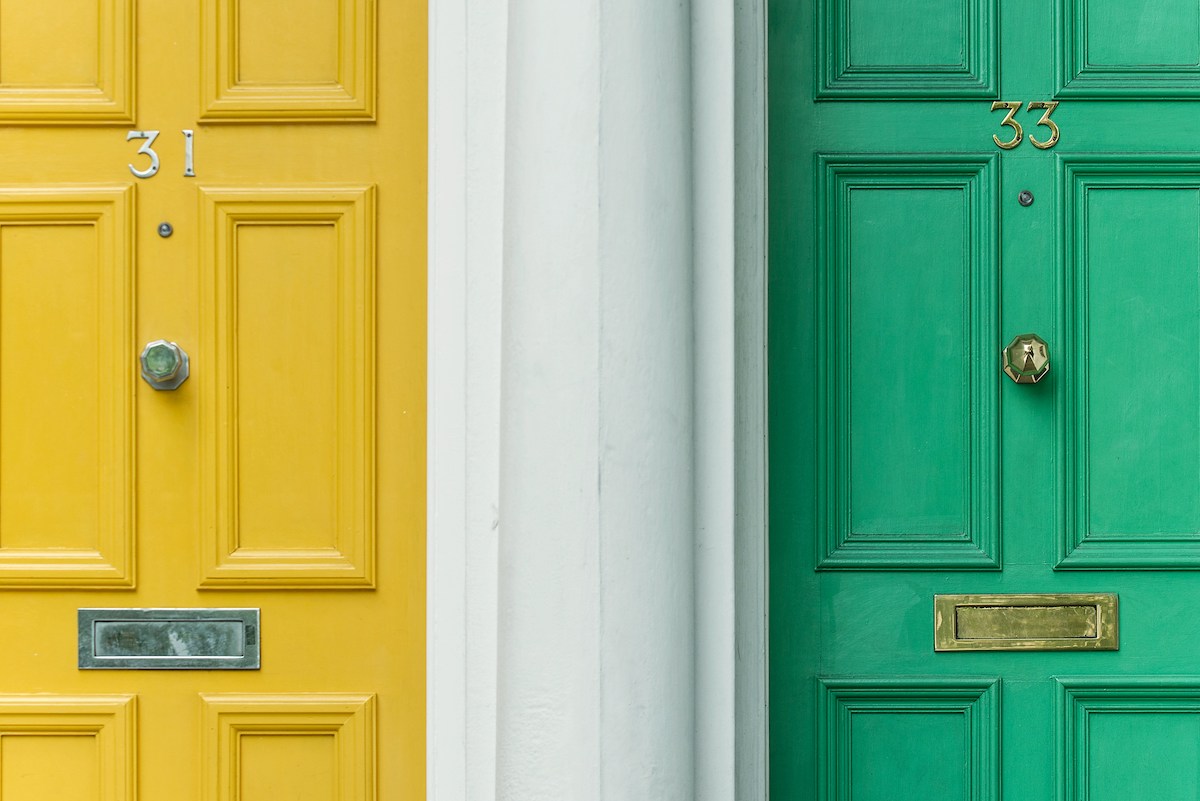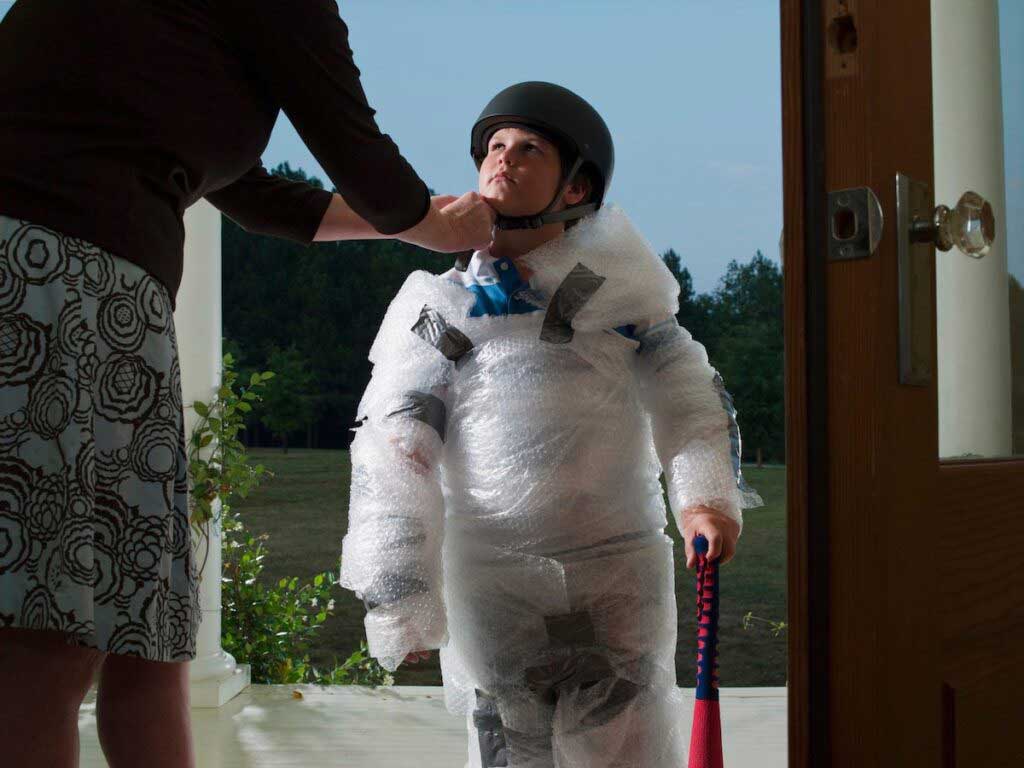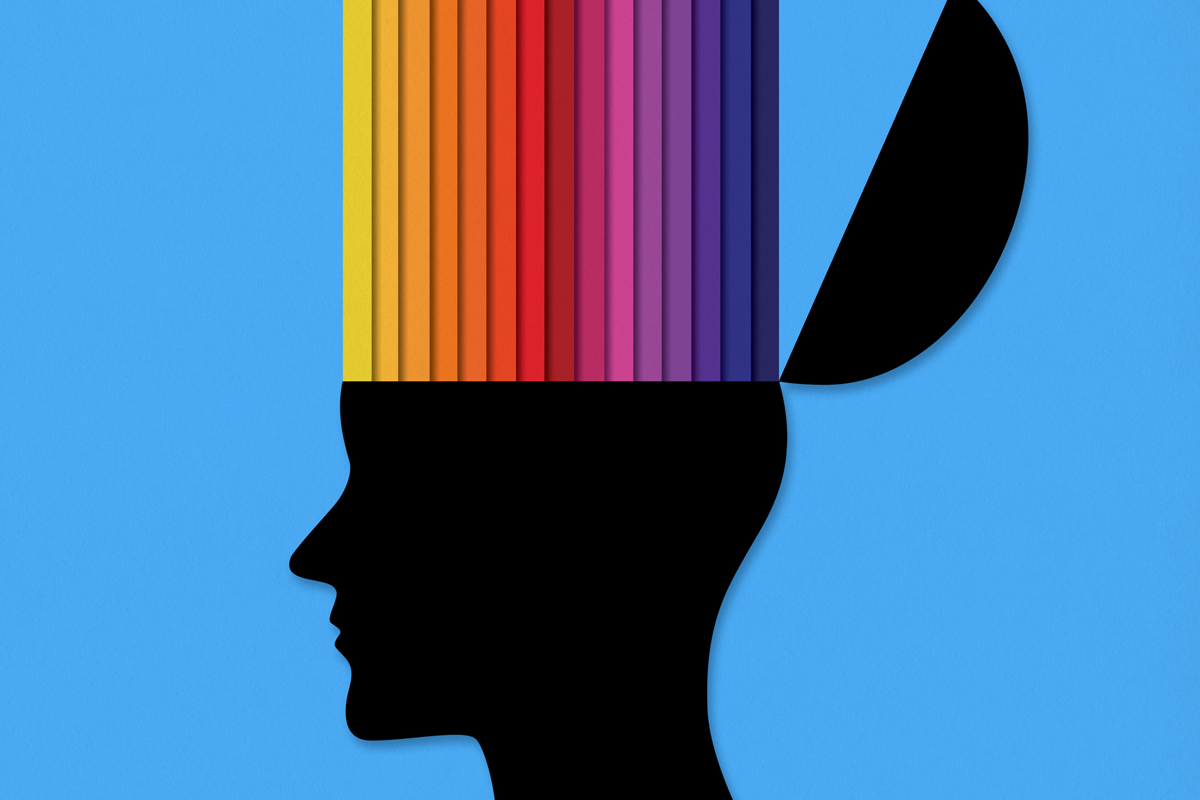In economics, we often talk about “first best” and “second best.” These have formal meanings. The first best refers to the outcome society can achieve if there is full information about preferences and constraints and people are able to fully optimize. The second best concerns the optimal outcome if one or more of the conditions cannot be satisfied (due to missing information or for some other reason). If this is the case, then the ideal solution may be different.
Notably — and here I am being somewhat colloquial, so if you are an economic theorist, please look away — the second best often involves compromise. We consider situations in which, for example, you do not have enough policy levers to pull to get to the perfect solution. So you use the one policy lever you have, which entails some tradeoffs between the needs of different groups.
What I think is important conceptually is that the second best is still a type of “best.” It’s a solution that is optimal given the constraints the decision maker faces. You do not have all the policy choices you want; you can’t get people to tell you the truth about their preferences. The second best is the best you can do with this limited capacity. And in economic welfare terms, it’s better than any of the other feasible options.
Where am I going with this?
I have come to believe that there is not enough second-best parenting advice. A lot of the advice we give to pregnant people and parents — especially, though not exclusively, from public health authorities — takes an approach that could be described as “first best or outer darkness.”
That is to say: there is a top-line, first-best, optimal behavior. If, for some reason, you cannot do that, then any other choice is equally bad: the outer darkness. The problem is that this fails to recognize that there is a ranking in the outer darkness. Not all outer darkness is the same; the second best is out there. But if we do not surface it, how do people know?
Here’s an example: baby sleep location.
The first best: baby sleeps alone in a crib, on their back, in the parents’ room for at least six months, no blanket or any other things in the crib.
The problem is that — and this I’ve written about before — this isn’t feasible for everyone. Some babies will literally not sleep at all alone in a crib. Some families find that having the baby in the room makes it impossible for adults to get good sleep. If you find yourself in one of these camps, as many of us do, there is little to tell you what to prioritize.
And this really matters. If you’re thinking about co-sleeping with a baby, it’s extremely important to know that the safest way to do this is to avoid coverings in the bed and not to drink or smoke. It is perhaps even more important to know that co-sleeping on a sofa is vastly riskier than co-sleeping as safely as possible in a bed.
This isn’t to say that there are not small risks to co-sleeping — those do seem to appear even when it is done as safely as possible. From a safety standpoint, this isn’t the first best. But the first best may simply be infeasible; knowing what the second best is matters.
Here’s another example: child nutrition.
The first best is that your child gets a balanced diet full of leafy green vegetables, lean protein, and whole grains and never drinks anything other than milk and water.
Unless you are raising a robot, this may not be feasible. It is easy to find that you’re caught between this particular first best and some other constraint — like getting enough calories or staying hydrated. But exactly what to give up on is often unclear.
Is it better to get some vegetables through veggie chips, or is this in some way misleading their taste buds, so you’d be better off just skipping veggies altogether?
Is it better to serve foods they like, even if they are not first-best foods, so they’ll sit nicely at the dinner table and get the benefits of family dinner (another first best!)?
If my kid doesn’t drink plain milk or water: is there any real ranking between Gatorade, soda, juice, or strawberry milk?
This comes up everywhere (screen time! breastfeeding! drinking in pregnancy!) and not just for kids. Nutrition advice for adults has many of the same features. I once had occasion, for research purposes, to survey some doctors about what snack they would recommend for their patients. One of them told me “raw green beans,” which is a canonical first-best answer. My kids’ nickname for me is “salad lady” because of my love of salad, but even for me, raw green beans as a snack is a bridge too far.
The “first best or outer darkness” messaging isn’t just unhelpful; it’s also a way to ratchet up parent shame. No one likes to be parenting in the outer darkness. This messaging is an easy way for parents to feel like failures. Better to give people a sense that they are making a good choice, even if it is not the first-best one.
If we want to embrace the idea of better-informed, second-best parenting … how?
First: From an individual parent perspective, I urge you to recognize your constraints and seek out the second-best option for you. This is perhaps closely related to the idea of there being no secret option C. If the first best is infeasible, do not throw up your hands and decide to have no plan. If your kid doesn’t like cucumbers, do not resort to a diet made up entirely of microwave popcorn (trust me on this one; it’s just too much fiber). You can do this. Even with a lack of public health advice, the world does often contain enough information to figure out what the next best option is, if the first best isn’t in the cards.
Second, from a policy perspective, we need to provide parents (and people in general) with more advice that recognizes reality. Despite what I said above, requiring every individual family to research the second best for themselves is a poor approach. Our advice needs more nuance. It needs to meet people where they are and tell them how to do the best under their constraints.
I know the pushback on this, because I get it all the time — if we tell people about the second best, they won’t kill themselves to do the first best. Here is the thing: they’re usually not doing the first best anyway, because it is impossible. And often the difference in actual outcomes between the first and second best is very small, whereas both are much better than many of the outer-darkness alternatives (see sofa sleep example above).
Here’s my message: Let’s embrace the second-best parenting, and leave behind the outer darkness.
We can even bring raw green beans. But with some ranch dip.
Community Guidelines
















Log in
I see this so much in the breastfeeding space. So many lactation consultants don’t want your baby to ever touch formula, when in reality, a bit of supplementing is often the key to eventual breastfeeding success.
Thank you so much for this great article, and for all the common sense, realistic advice that’s made ParentData my go-to resource for all things parenting and pregnancy. This article succinctly states the primary issue with most other articles and books I read: they only offer one solution, the “ideal” solution, and if you can’t do that, well, you’re just a bad parent, and you should feel bad. People need better information and alternative approaches to take when that first best decision is unrealistic. Just chiming in to the thank you chorus!
Yes Yes Yes!!! to second best parenting and especially to more nuance in advice. There is far too much shame around making perfectly good second best decisions. We absolutely need clear choices between best and outer darkness. Joining the chorus of – Thank you!
Yesssssssssss! Please get into politics so we can get good policies like these on board!
I will echo what many others are saying and feeling, which is just a simple thank you for getting it and knowing how to keep things simple when everyone wants to make it anything but. Because this kind of helpful article (even without explicit “Do A, B, and C” advice) lets us all know how great the company we have around us in fellow parents really is.
Also, I wish there was a simple “Like” button for articles overall on the site.I would have smashed one for this article so hard! Or a way to save articles? Have I missed that somehow on here post-Substack? It’s possible. Mom brain. You all get it…
Yes, but: I would still want to somehow quantify how far from first-best that second-best happens to be.
If first-best is 100%, then in some contexts, second-best might be 90% (which is amazing!), while in other contexts, second-best might be just 50% or 30% (not so amazing).
This might still mean that we have to do some sort of mental quantification to decide whether we’re ok with a second-best that is so very far removed from what first-best might be.
Like in that nutrition example, the hypothetical child who literally (and I mean, literally) eats only Wonderbread and nothing else and won’t take a multivitamin — would we say that sort of second-best is 80% of whatever our version of 100% would be or 20%?
I think I’d want to know to see how urgently I need to keep myself moving in the direction of first-best. If we’re at 80%, then I might just not bother, but if we’re at 20%,… well then, I think I might have to put some effort into getting this sorted out.
Thank you!! I so needed to read that right now and I wish I had read this article when my kids were babies… I feel that advice becomes less unrealistic / dogmatic for older kids
Thank you for some of the best parenting advice I’ve read (and my kids are 8 and 11). I’ve long said the US takes a very extreme approach to a lot of things, including parenting, whereas Europe and other countries allow for the nuances of life .
I was desperate to breastfeed my second child successfully since things didn’t go so well after a stay in the ICU after my first. We went all out and I hired a lactation consultant to help me through the process. I got terrible mastitis and an infection a week in. Her advice to keep going was to pump on one end and boil and sterilize all my breastfeeding parts each time. Also to pump round the clock to keep my supply up.
I regret that my hormonal self pushed back on her with frustration. While I was certain this was the correct advice in no way was it sustainable while I juggled two kids, a colicky baby and working to get well after mastitis. I asked her if there were other options and she seemed at a loss. Her goal and my goal were to maintain the breastfeeding relationship though the chasm between her advice and the reality of my life seemed impossible. I ended up doing what I could with the sanitizing and the pumping, making it up as I went along. Though I wish I had more confidence and support in a second-best option.
I think your experience highlights the whole breastfeeding “support” is very all-or-nothing. It’s as-if everyone’s goal has to be EBF or nothing. There doesn’t seem to be a more in-the-middle of the road way, even temporary, while mothers heal from a variety of things. I think that’s why I resent breastfeeding. It reduces my effort, my worth down to how much milk I can produce. The message is if you are not successful, it’s because you didn’t try hard enough. To add salt to the wound, there are a lot of fearmongering about your health, your baby’s health if you don’t do exactly that.
Thank you for this! Baby-rearing and childcare recommendations and advice is a very triggering thing for me. I want to provide my children “the best”, but often times it’s just not practical and sustainable to the point I wonder if the costs outweigh the benefits. Breastfeeding is particularly triggering to me. We supplement about 50/50 formula because my pump output can’t sustain my child. I probably could “make it work” by quitting my job, be around him round the clock, keep him at home vs daycare, but none of them is what I want. God forbids mother for wanting a career, or spending some time outside of the house to workout, run errands, etc. I feel so guilty for want to prioritize myself just a little. I know formula is a really good option, but there’s just so much guilt about not “trying my hardest” to provide my child “the best”. This is the article I need for my mental health and not beating myself so hard for every middle-of-the-night pump I miss because I am just so tired.
This! I think so much of the first-best advice being offered does not do enough to prioritize the mental health of the mother.
This is so, so helpful! I’m someone who feels guilty and anxious when I’m not able to do what’s “best” and this approach feels much more realistic and empowering.
Same here!
Yes to so many thing in here!! Thank u for identifying and articulating that offering 1 best option and total darkness leads to parents trying to kill themselves to achieve something, and contributes to shame. As a perfectionist, I feel so relieved reading this. I struggled so much as mom with young kids. For example, after I gave birth to twins who were in the nicu, I was hemorrhaging and being treated for preeclampsia, I was super focused on trying to breastfeed. Sounds super crazy when I think about it now.
I love another commentors phrase “B +” parents. I need to work on embracing that. It sounds very freeing.
My wife and I aspire to be “B+ moms”. Just naming it has made parenting so much more relaxing and fun!
Yes! Yes! Yes!
Laughed out loud at “raw green beans” haha great read!! I was not prepared at all for my newborn to not sleep on his own on his back in his crib. Had he not read the AAP guidelines??
I wish I had looked into the second best option of co sleeping when pregnant instead of late night panic googling. One article literally said “you should only co-sleep if you are prepared to take responsibility for your baby’s death if you roll over on them” like I’m sorry, what??
I feel so relieved and seen after reading this.
Thank you for this POV! And told with humor. The chuckle I needed this morning, lol. I so agree. Public Health’s inability to help people compare varying levels of risk is so frustrating. I co-slept with my baby – first best was wholly impossible. Many thanks to La Leche League for offering guidance on how to do this safely. Government authorities are really constrained by what they can say and recommend. But why? Is it liability, organizational culture, or lack of imagination/being out of touch? Probably a combination of all these things or something else entirely. But how do they fix it?